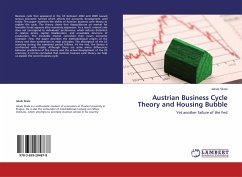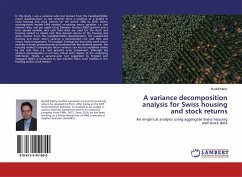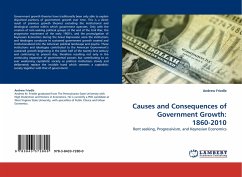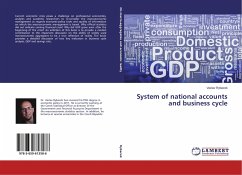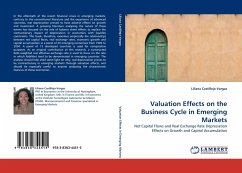Business cycle that appeared in the US between 2002 and 2009 caused serious economic turmoil which affects the economic development until today. This paper examines the ability of Austrian business cycle theory to explain the cycle. The theory claims that disequilibrium on market for loanable funds appears after monetary expansion. As a result, interest rate does not correspond to individuals preferences, which induces distortion in relative prices, capital misallocation, and unsuitable structure of production. The inevitable market correction then incurs economic recession. First, the paper describes the methodological origins of the theory and then summarizes its main principles. The description of the US economy during the examined period follows. At the end, the theory is confronted with reality. Although there are some minor differences between predictions of the theory and the actual development of the US economy, it can be concluded that Austrian business cycle theory can help us explain the recent business cycle.
Bitte wählen Sie Ihr Anliegen aus.
Rechnungen
Retourenschein anfordern
Bestellstatus
Storno

